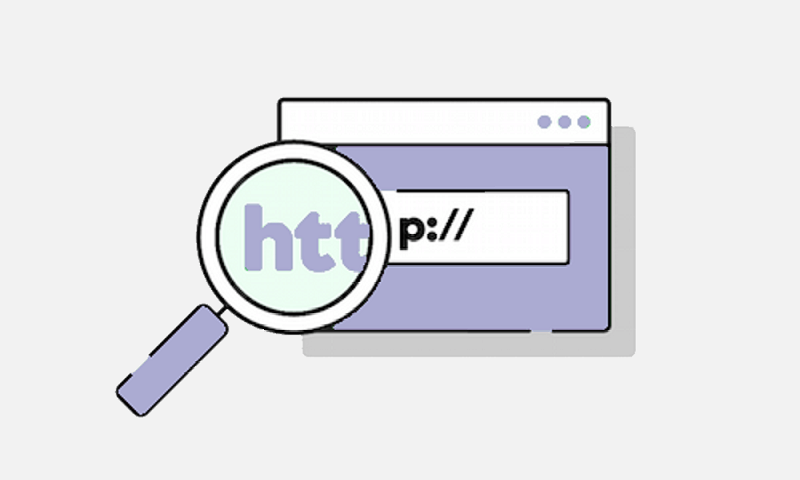How to Make a Website Secure?
According to a report, a hacker attack takes place every 39 seconds in the United States, affecting one in three Americans every year. You should be well equipped with the knowledge of how to secure a website and protect it from the bad guys. Securing a website refers to putting protection at the right places to keep out bugs, hackers, and other nasties.
Most of the attackers don’t steal your data or mess with your website layout. They use your server to serve data of an illegal nature, to launch a temporary web server. Fortunately, there are some practices you can do to knock out attacks, and this post will walk you through some techniques. Let’s read how to secure a website for free.

4 Tips to Secure Your Website from Hackers
1.Create Concrete Passwords
Everything you should know about how to secure a website with passwords.
Sometimes we ignore the importance of a password, which is a wall between the attacker and your valuable information. Passwords are not only the essential step but also the easiest way to enhance the security of a website.
According to a survey carried out by the National Cyber Security Center of UK, detect the reason behind the breached accounts across the world. All accounts were using the most common and easy to guess passwords. This Center has also introduced the top 10 hacked passwords. Please take a look and ensure you are not using one of them.
- 123456
- 123456789
- qwerty
- password
- 111111
- 12345678
- abc123
- 1234567
- password1
- 12345
You should keep a random, unrelated, and memorable password. A combination of letters, symbols, and alphabets can be a strong password to ensure the security of your data.
2.Implement SSL
SSL stands for Secure Sockets Layer and comes under the easiest ways to prevent hackers from intruding into your data. It encrypts the information between your website and website users. Google also warns visitors when they enter a site without SSL.
It is essential to install if you are into e-commerce, asking for login credentials or transferring files. Without SSL, the front door of your website is wide open to invite attackers. There are three ways to install SSL mentioned below:
- Select a good quality website builder that includes SSL without any extra charges.
- If you are building a website with a content management system, go for the hosting provider that provides you free SSL with all plans.
- You can also install a necessary Let’s Encrypt SSL for free.
- If you are running an online store or keeps the personal data of a large population, choose an advanced SSL certificate. These come at different prices, and you can buy the same from hosting providers.
3.Keep your Site Up-to-Date
It’s not about to keep posting content to lure in your visitors. This is about keeping your website’s software up to date. You don’t have any need to worry about if you are using a website builder as they handle updates and security issues for you.
If you are using a specific platform such as WordPress, you need to update things regularly. You should run updates for the software and plugins that you have installed.
Fortunately, your website’s software comes with a dashboard in which you can enable automatic updates to run things smoothly. Letting your website outdated can be fatal for your site and your user information.
4.Run Regular Backups
A backup is a duplicate of your data like files, media, content, and databases. If you are running a vast or complicated website, you need a high amount of storage to keep your backup safe and sound.
Backup plays an essential role in worst-case scenarios. Creating backups of your website ensures that if anything happens, you‘d still have the recent version of your website to relaunch.
There are multiple ways to backup your site, like
- Use a WordPress Plugin like VaultPress or UpdraftPlus. WordPress users can install their chosen plugin and manage their backup preferences.
- By using a backup service, like Codeguard or Sucuri, that does the job for a price.
- By using a web host that consists of its plans, such as A2 hosting, we can backup the data. However, they come with limited storage and are not the right choice for large websites.
The Bottom Line – Website Security
Your choices play an essential role in securing a website. You need to select a reputable website builder or hosting provider and choose secure passwords. These are simple things that are essential for the safety of your site. Now, you must have known how to secure a website whether it is an HTML Website or a Standard Website.
cWatch is always here to provide you with the full security for your website software. It is an organization that removes malware from your website in 30 minutes.





